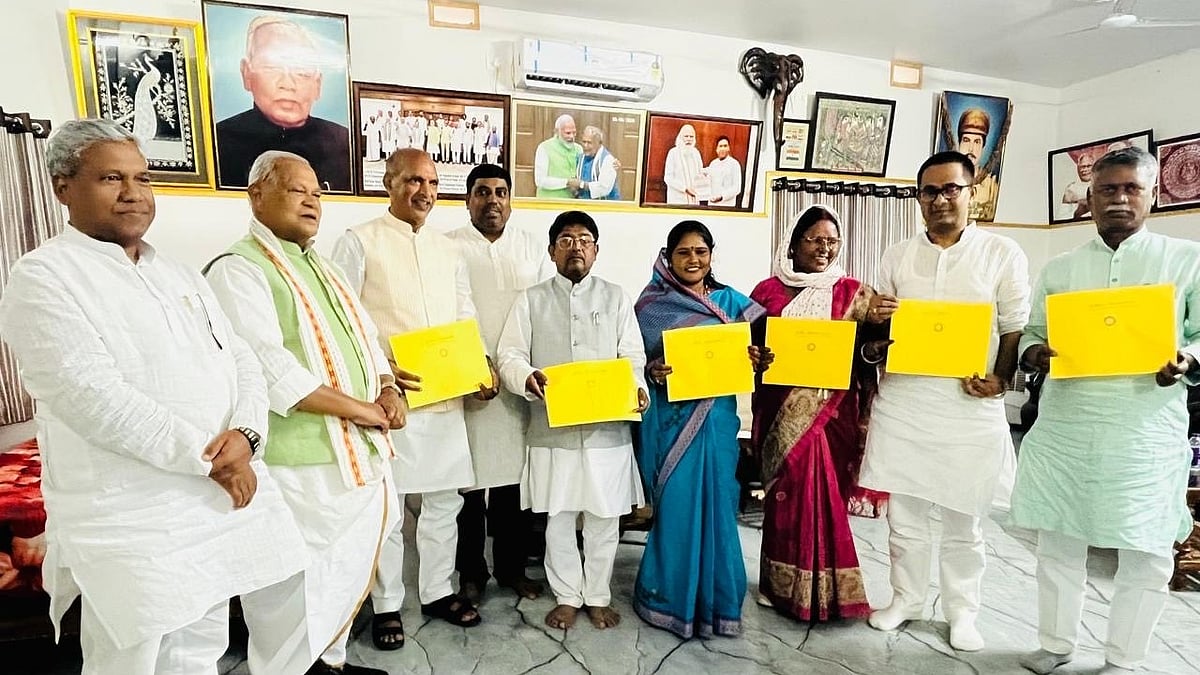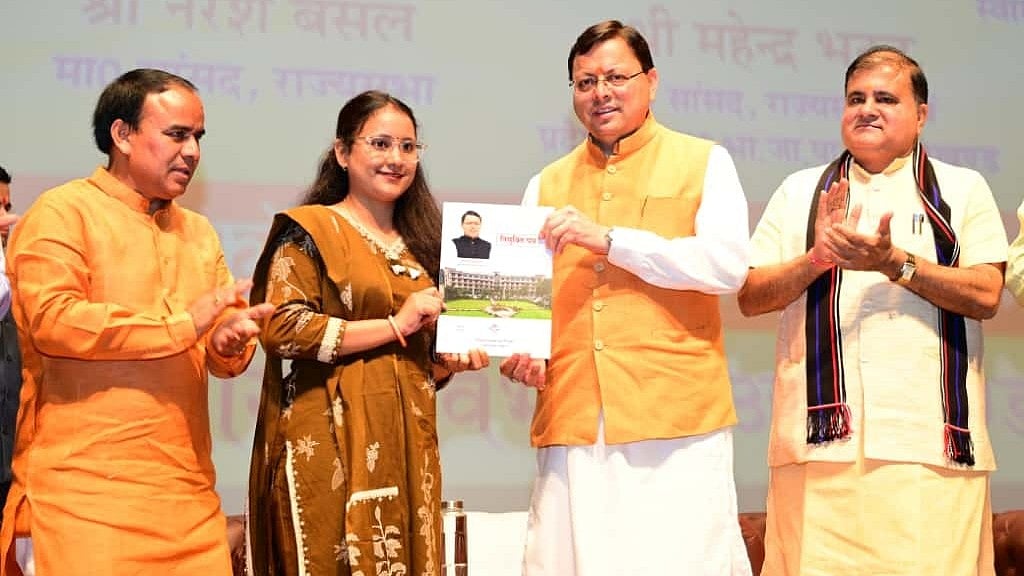Post the Paris agreement in 2015, there has been a growing focus among industries to reduce their carbon footprints. Many companies and institutions are striving to meet their carbon emission targets. Supporting these aspirations are companies like Danfoss and other engineering companies. Denmark-headquartered Danfoss serves automotive; buildings - commercial and residential; district energy; energy and natural resources; food and beverage; marine and offshore; transportation; refrigeration and air conditioning, water and wastewater and other areas.
Despite helping institutions become energy efficient, Ravichandran Purushothaman, President of Danfoss India, feels there is lot more to be achieved.
During a webinar titled ‘Danfoss: Enabling a Green Transformation’, Purushothaman emphasised the need to decouple energy and GDP (Gross Domestic Product). This session is part of an ongoing series, which was organised by The Free Press Journal (FPJ) and SIES College, moderated by R N Bhaskar.
Below are edited excerpts from Ravichandran Purushothaman’s talk:
Denmark-born Danfoss has globalised itself over the last 70-80 years in a very formidable way. Today, the company focusses on engineering solutions where it tries to do more with less, build a more sustainable world, and leave a better planet for the next generation.
Danfoss helps buildings, industries, transportation sectors among others to reduce energy consumption. Some of the products that we offer are in their sixth or seventh generation. This is the kind of DNA we possess. The company puts around 6-7 per cent of its sales revenue into research and development (R&D).
During the evolution of industry and economy in India, the country did a lot of things right. But at the same time, it has to be seen how the country can do things differently going forward. One of the things that can be done differently is decoupling of energy and GDP.
As India wants to move from a 2-trillion-dollar economy to a 5-trillion-dollar economy, it needs to decouple energy requirements to GDP output. This is important. India’s economic growth depends on agriculture significantly increasing its share of GDP. It must create modules that measure GDP output per unit of output.
Here is how it can be done:
Urbanisation: Cities account for 60-70 per cent of carbon emissions and are also the largest energy-consuming pockets of the nation. Cities need to compete on a different level. There is a need to make cities compete on energy to GDP. We need to benchmark energy to GDP. This will help improve the environment of cities as well and make them more liveable.
In India, every state has a state development authority. It should take up the responsibility to link the energy requirement to the GDP of the state. States should introduce incentives as well.
There is a lot of technology available to embrace decarbonisation. However, the mechanism of incentivising to enable technology absorption is an area that needs to be looked at. Post Covid, the state authorities can be made responsible to make cities accountable.
Change in energy mix: India’s energy mix has to change as well. Around 70 per cent of the country’s energy needs are met by oil and coal. We need to flip that around in the next 30-40 years by moving towards renewable and sustainable forms of energy.
Food Supply: India produces around 300 tonnes of horticulture produce. Most of the horticulture produce is perishable in nature. Only 8-9 per cent of the food that we produce is processed. To add value to the farmer’s agri produce, value addition has to happen to this produce. This is possible by increasing the shelf life of the produce. The major impediment here is the lack of a robust supply chain that exists between farm and fork. This can only happen if the back end is fixed.
In the food supply chain, many intermediaries need to be fixed. Here again, we need a lot of state-driven and cluster initiatives.
From our experience, we believe that working with a farmer producers organisation can bring a major transformation. This is only one set of opportunities. However, the country needs to find many such opportunities. Be it milk or horticulture or any other segment, energy has to be disrupted. Thus, technologies have to be built and innovated for India. For instance, Danfoss has developed many India-centric products that will not only disrupt energy footprint but enhance the shelf life of the produce. This will be beneficial for farmers.
Engage with educational institutions: This is largely missing in India. We need to engage with the young populations in the universities. We need them to come forward and jointly look at the problem that we are facing in the Indian scenario. Companies like us have worked with universities. We have taken farmers' problems to the Indian Institute of Science, the National Dairy Development Board, National Research Centre for Banana among others. Every time we collaborated, we found success. Industry and universities should have a marriage of research and relationship. One interesting activity which we did with students was the Hackathon, where within 48 hours the students were able to solve complex problems.
An Indian problem can be solved by taking global technology to universities which will help demystify the whole process. Putting more money in start-ups, universities, research and development and other related areas have paid off for us.
Transferring skills: Other than working with universities, transferring skills is very important and Danfoss realised it in the last two decades. These efforts have been rewarding and we think such efforts need to be scaled. The outcome cannot be impactful unless you do not have skill sets. For instance, if the technology is made available, but there is a lack of skill, then the outcome is very different. So in such a case, skill is extremely important.
Danfoss as a company realises the importance of the right skills applied to the right technology to have an extraordinary outcome. This will disrupt the energy footprint of several of the industries and customers we work with.
Challenges in India
The challenge in India is the war for talent. Talent becomes important. Along with great technology, companies also need great talent. Thus, we need to work with universities and young minds.
India has a great policy framework but clearly lacks execution. We have less appetite for faster, agile execution. Only if we get the execution right, then only can the country help companies to reach their true potential.
Lack of incentives to companies working with universities. The government should incentivise companies that are investing in universities. This will encourage companies to work with more and more universities.











